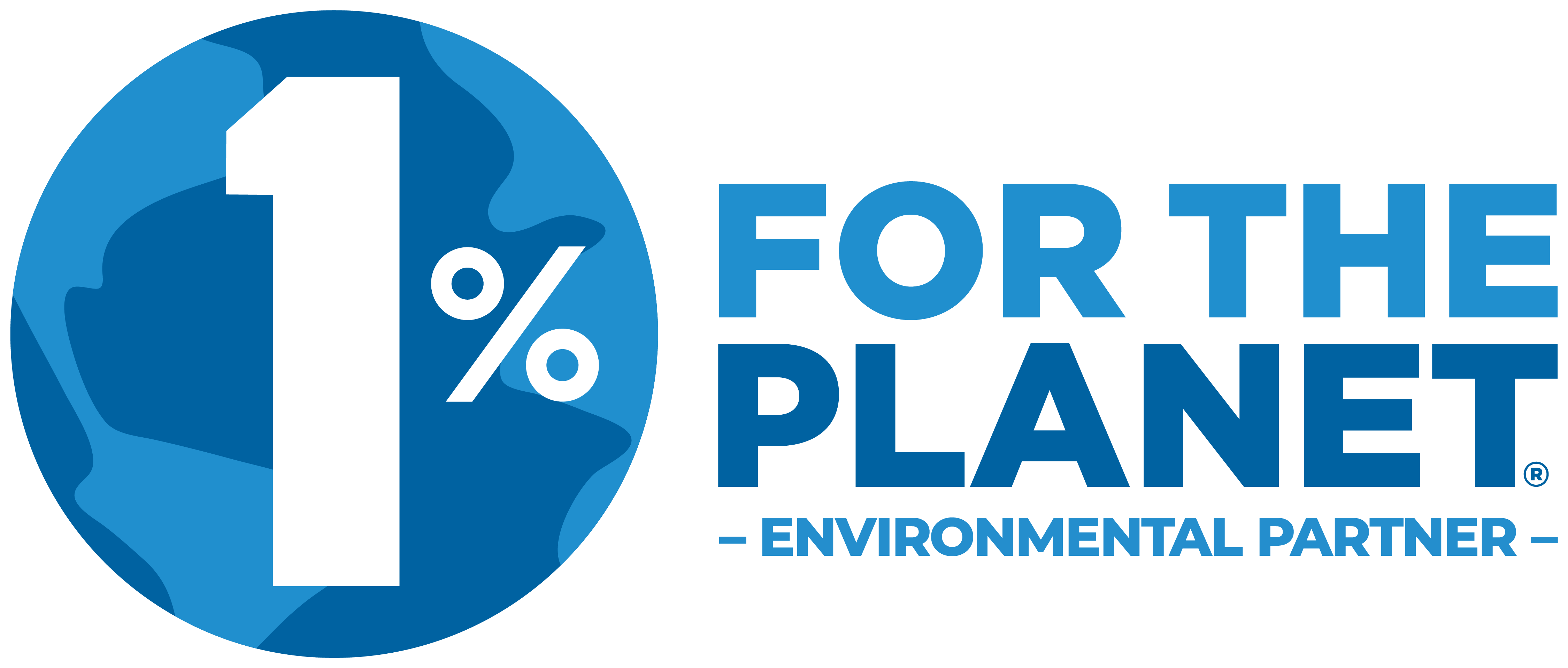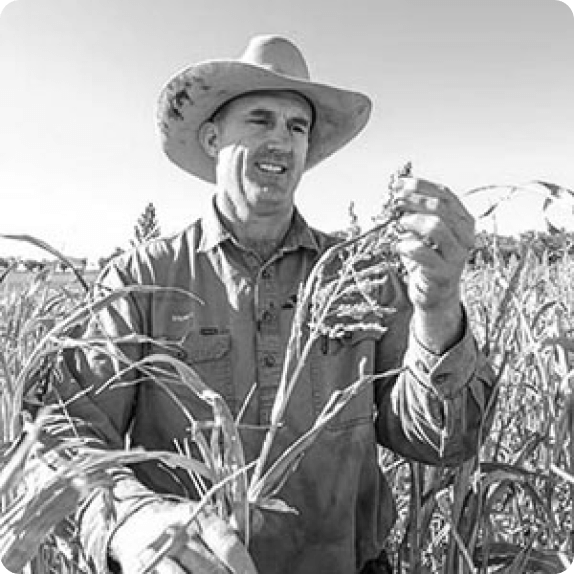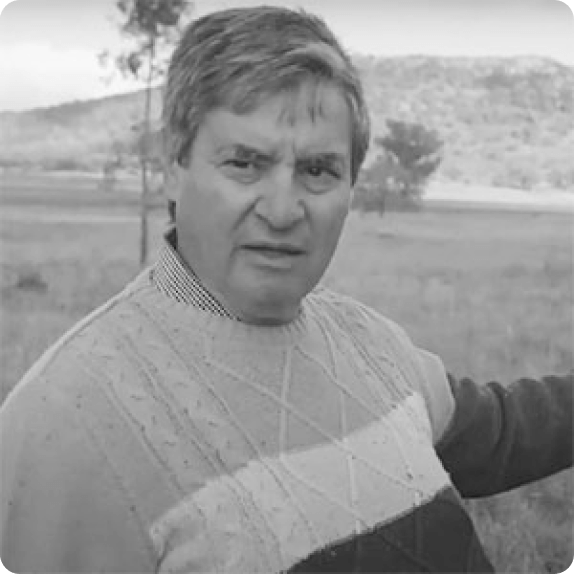Connect with us on social media
Bringing farmers
& scientists together
We are passionate about working with farmers to build resilience and profitability by building soil carbon.
SoilCQuest 2031 is a grassroots research institute of scientists, farmers, agronomists, business, communication & engagement specialists.
Our not-for-profit organisation has a vision for the future of a movement of farmers working to realise the global carbon drawdown potential of agriculture.
To make this future a reality, we bring farmers & scientists together to research grower innovations that build soil carbon.
We are passionate about working with farmers to build resilience and profitability by building soil carbon.
SoilCQuest 2031 is a grassroots research institute of scientists, farmers, agronomists, business, communication & engagement specialists.
Our not-for-profit organisation has a vision for the future of a movement of farmers working to realise the global carbon drawdown potential of agriculture.
To make this future a reality, we bring farmers & scientists together to research grower innovations that build soil carbon.
Support Our Work
SoilCQuest is an independent, for purpose, not-for-profit organisation bringing science and agriculture together to increase soil carbon for profitable farming systems to respond to climate change. Your donation will support our research endeavours, enabling us to champion farming as a solution to climate impact through initiatives, including our Carbon Farmscapes Program.
Gifts made to SoilCQuest are tax deductible.
Global carbon storage in Gigatons (Gt)
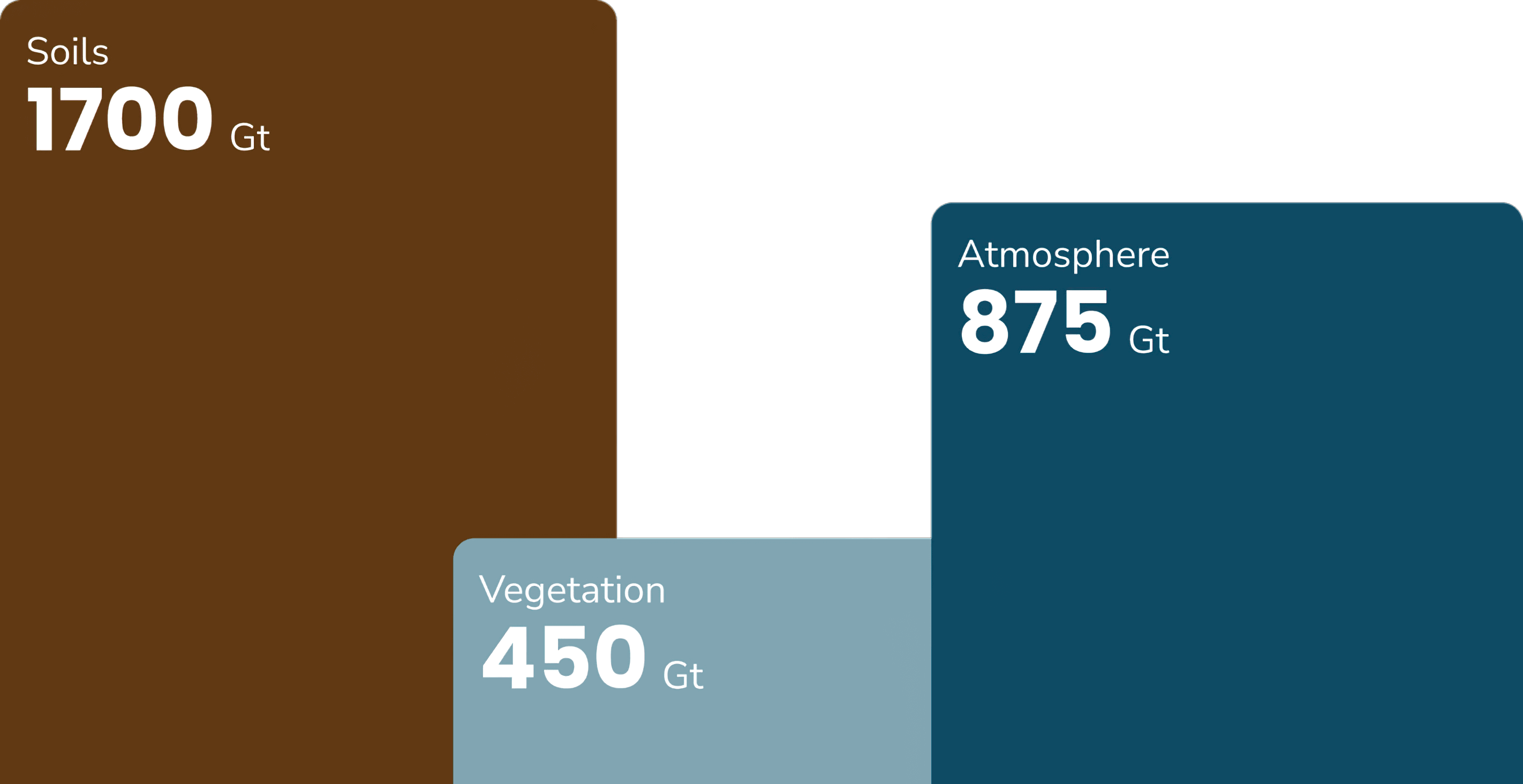
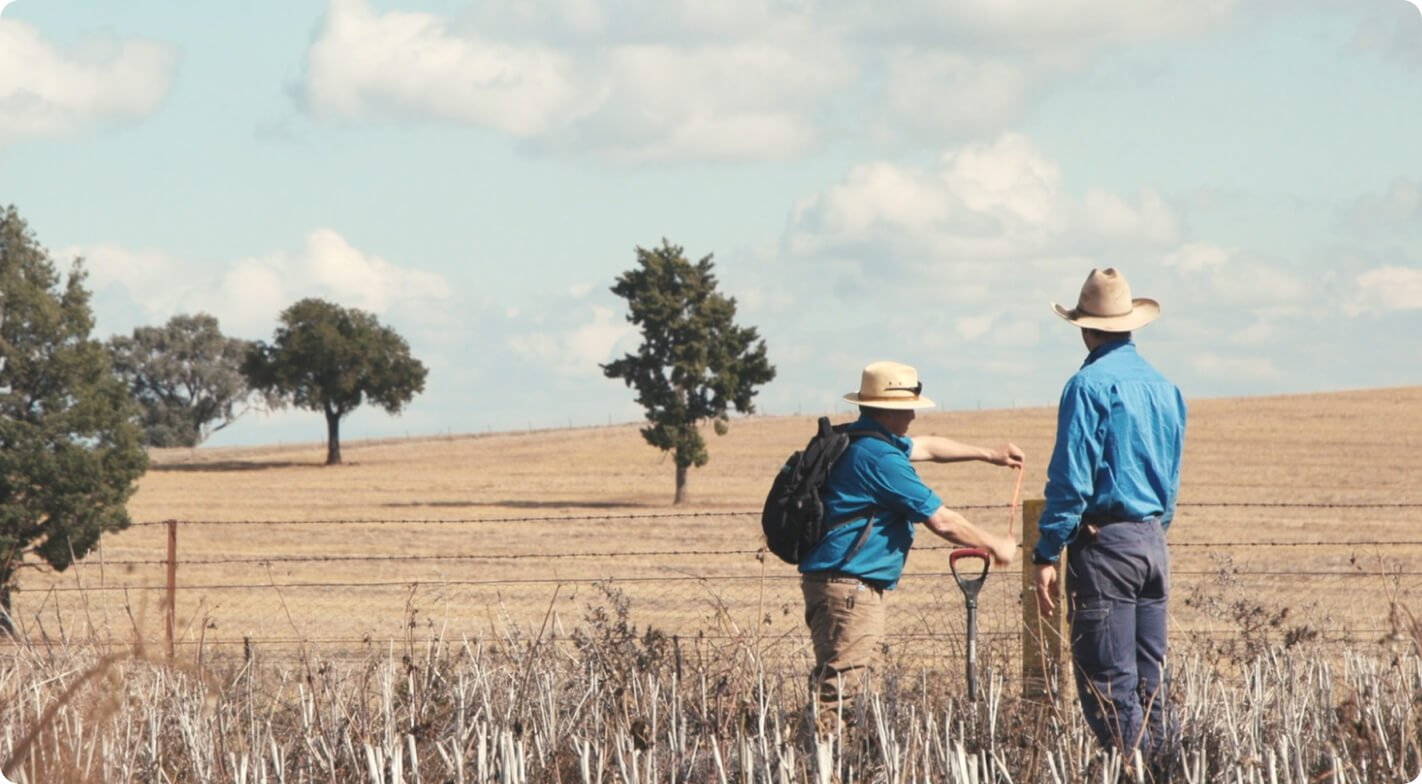
Shifting agricultural practices worldwide by 2050 would

Reaching “Drawdown”
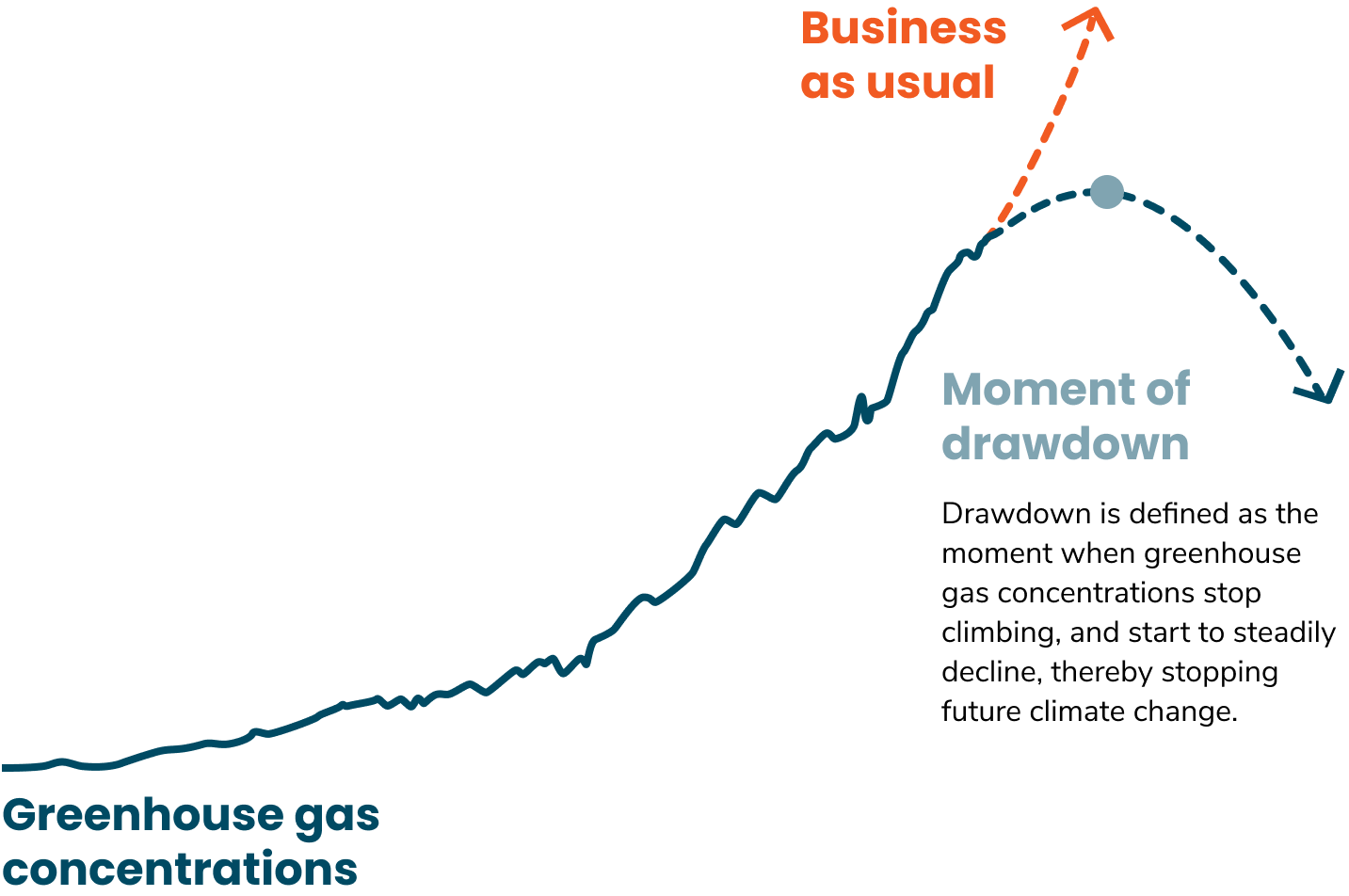
Farmers we work with
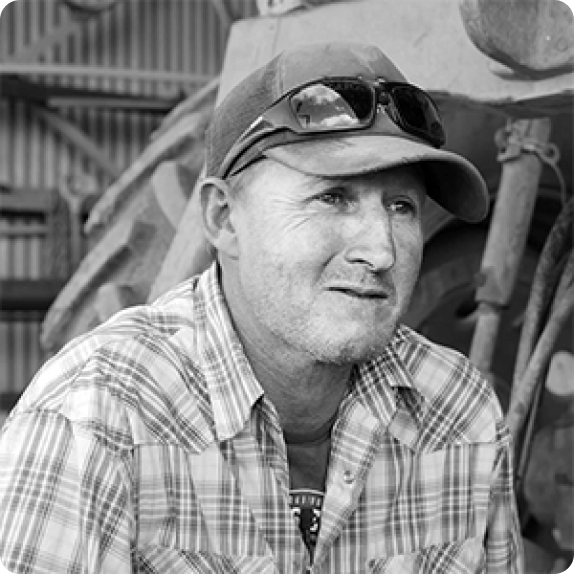
Mick Wettenhall
read more
The early 2000s saw Mick start work on his father-in-law’s 10,500-acre cropping and grazing farm in Trangie, New South Wales. Uninspired by the model of industrial agriculture and curious to find a different way of doing things, Mick began taking courses to broaden his understanding of regenerative farming and experimenting with innovative practices. Over the last twenty years, Mick has transitioned the farm from purely conventional methods to a more holistic approach.
Mick’s current methods include applying fungal-rich liquid compost extract, cover cropping, and multi-species companion planting. These approaches aim to improve soil health, fertility and water holding capacity, increase resilience to pests and diseases, decrease weed pressure, and reduce reliance on harsh agricultural chemicals.
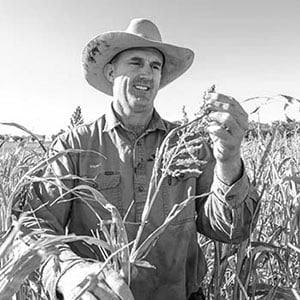
Stuart McDonald
read more
Stuart is a fourth-generation farmer on 1400 hectares in Canowindra, NSW. Stuart’s family took ownership of the property in 1888 and has been there ever since. Stuart grows dry-land crops, including wheat, canola, barley and chickpeas, and raises merino sheep and Illawarra dairy cows.
In 2020, Stuart transitioned the family farm to a zero-till approach as a way of helping maintain ground cover. Canowindra experiences a non-seasonal distribution of rainfall, so making the most of the rain available is vital to extending the growing season of his crops. Stuart selects varieties based on their suitability for the rain’s timing, and is currently experimenting with summer cover crops and different companion planting combinations.
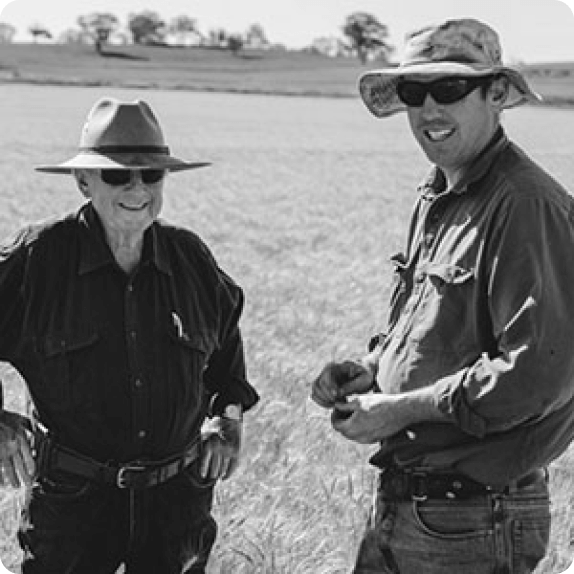
Wood Family
read more
Shifting agricultural practices could sequester the most Gigatons of carbon dioxide equivalent by 2050
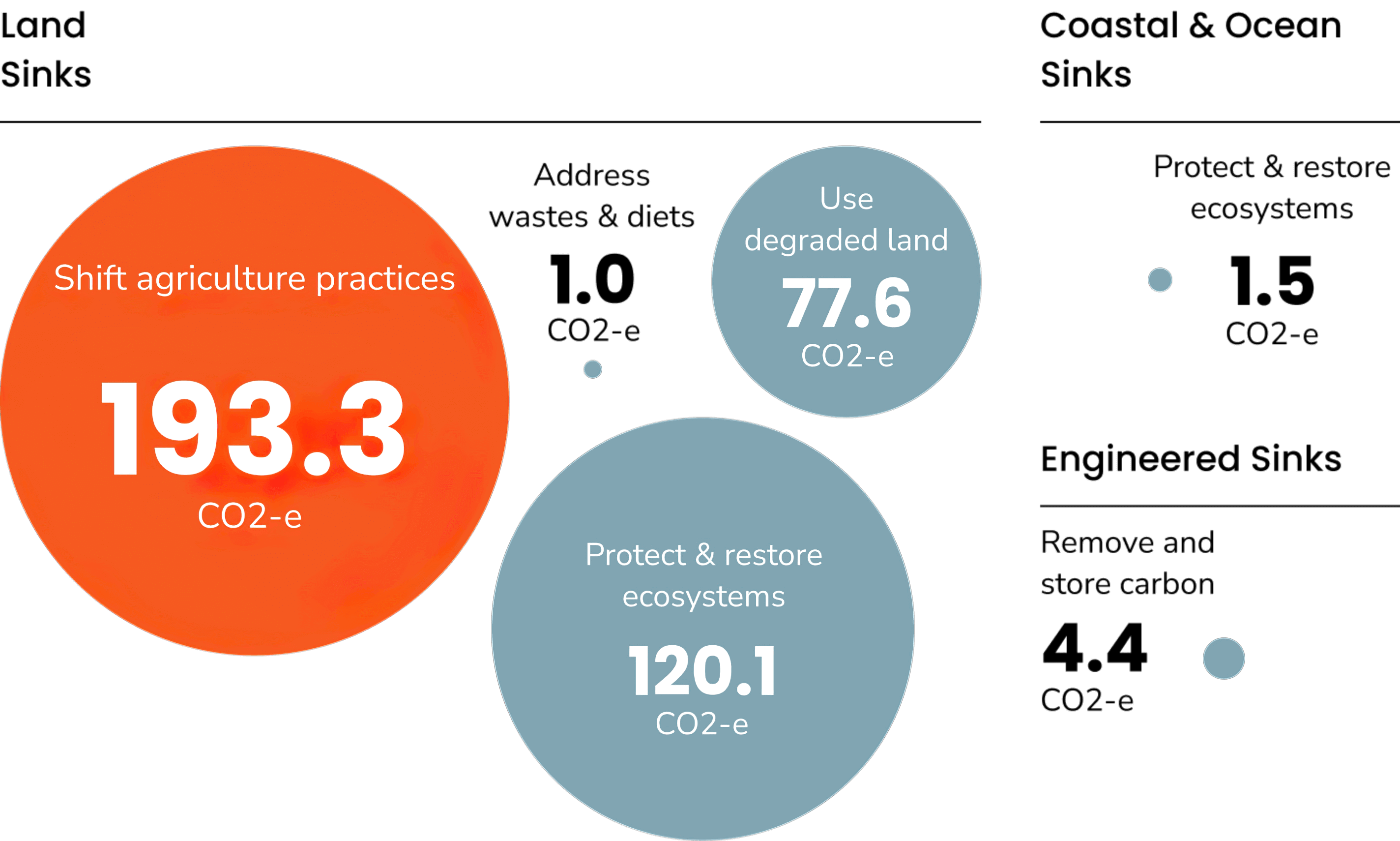
Our story
SoilCQuest is a for impact research institute, collaborating with research and industry partners on farm systems innovation and education. Achieving our goals will result in viable, climate smart agriculture and agribusiness resilience.
Founded in 2012 by Guy Webb, Mick Wettenhall and Mark Shortis, SoilCQuest 2031 was established to develop a microbial inoculum from a carbon-capturing fungus discovered in our soils. This discovery that melanised endophytic fungus sequesters long lasting soil organic carbon around plant roots was made by Professor Peter McGee of the University of Sydney. When he retired, Professor McGee generously gave his soil fungi library to SoilCQuest for their research into developing microbial inoculum. When inoculated onto the roots of crops via a seed dressing, this microbial inoculum draws down atmospheric carbon and is practical and scalable technology for farmers to increase their soil carbon.
In 2019 Guy Webb and Mick Wettenhall raised investment for this technology and formed Loam Bio with Guy Hudson, Tegan Nock and Frank Oly. Loam Bio is a global commercial enterprise at the intersection of agriculture, climate change, and microbes. By developing these technologies, Loam Bio puts agriculture at the forefront of improving soils and our climate.
SoilCQuest continues as a research institute and a major shareholder in Loam Bio.

